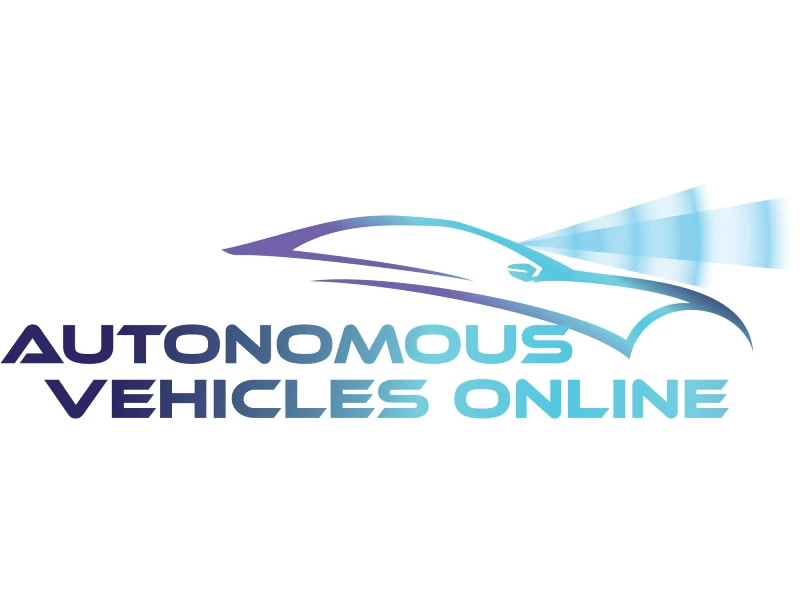Auto IQ weekly news update, including Tesla, Cruise, Toyota and Joby
Add bookmark
This week on Automotive IQ, we’ve been taking a look at the rare-earth materials used in the ever-increasing numbers of hybrid and electric vehicles hitting the road.
Specifically, we’ve been analyzing how the OEMs are developing new motor solutions that drastically cut the amount of rare earths used, making them more sustainable to produce, and usefully cheaper, too.
We also have our LiDAR survey up and running. We’ve partnered with LeddarTech to obtain expertise on the industry drivers, requirements, timelines and technologies required for the mass adoption of LiDAR technology in Level 2+ and Level 3 vehicles.
If you have a spare five minutes, we’d be extremely grateful if you could take part. The results will be used to produce a report on the topic, coming later this year.
Here’s a couple of other stories that caught our eye this week:
Why Tesla tops $100bn

Quite a lot has been written about the fact that Tesla’s value topped the magic $100bn mark this week, making it more valuable than the whole Volkswagen Group and the first US carmaker to top three-figure billions. The obvious question is how a company that shifted fewer than 400,000 cars in 2019 could be worth more than one that sold over 10 million?
The answer lies in the make-up of Tesla, and the direction of the auto industry. For a start, the firm operates like a tech company, not a car company, so constant updates and a burgeoning app store ecosystem – complete with monthly subscriptions coming very soon – add value traditional OEMs can’t currently match.
What’s more Tesla isn’t just about leadership in electric vehicles, it has the Supercharger infrastructure to make them viable too, plus its diverse non-automotive developments like solar roof tiles and Powerwalls.
But for us, it’s Tesla’s autonomous tech that seems to be a key driver of its valuation. Check our infographic for some of the money being thrown at this in the past year, with Cruise being worth $19bn on its own, and Waymo over $100bn. If Tesla’s tech is at least as good as the latter, you’re getting a whole car/tech company thrown in for your money, too.
Cruise Origin makes its debut
While GM and Honda-backed Cruise is currently testing its third generation self-driving tech in a fleet of Chevrolet Bolts, the firm used an event in San Francisco this week to show the next step in its plan.
Called the Origin, the electric four-seater – or six at more of a push – is a fully autonomous, electric ridesharing vehicle to be built by GM at an unspecified point in the future.
Designed from scratch to fulfil its purpose as a vehicle that slots in the space between public transport and private car, the Origin follows the likes of the Toyota e-Palette in terms of commercial strategy – focusing on bringing autonomy to ridesharing and local deliveries as a priority, rather than the private car. We look forward to taking a ride soon.
Toyota heads to the skies

Toyota has dropped $394m as the lead investor in the $590m-total Series C funding round for US-based Joby Aviation. The Santa Cruz-based firm is developing an eVTOL aircraft designed for future personal urban air mobility.
Joby was formed ten years ago, and has been working on its electric aircraft ever since. It’s a four-seater capable of flying at up to 200mph, and has a range of around 150 miles.
This trend is something we’re keeping an eye on, with this investment announcement following Hyundai’s partnership with Uber’s airborne division at CES 2020. Given the vast number of job vacancies on Joby’s website, the company is clearly expanding given its new funding boost. One to watch when the aircraft takes to the skies…





























